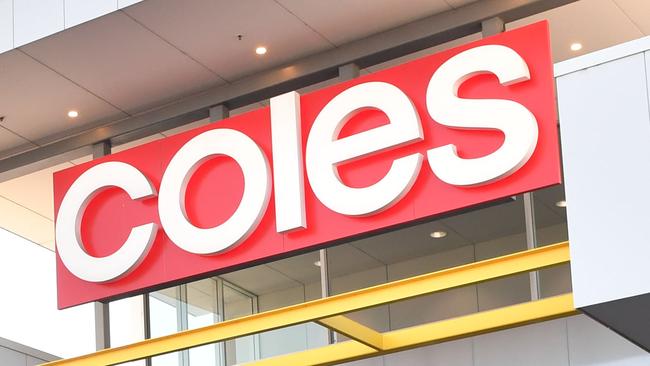
Some 300,000-plus Australian retail employees are set to gain what union power has blocked for decades: a choice of superannuation funds.
And if the retail floodgates open, superannuation choice may spread to other industries - dramatically changing the face of superannuation in Australia.
The Coles draft enterprise agreement includes a clause that offers workers a choice of superannuation funds.
Countess hours of parliamentary debate have tried to achieve this goal and failed. Instead it was achieved in the most bizarre enterprise bargaining agreement negotiation conducted in Australia — one in which Coles shelf-stacker Penny Vickers and her father Allen Truslove ultimately controlled all the cards at the negotiating table. The union heavies - including representatives from the meat and retail unions - were neutered by Vickers’ power.
Truslove, as one of Australia’s leading actuaries, has been closely involved with superannuation all his life and believed with a deep passion that just as Coles and other big retail workers were being ripped off with weekend penalty rates, thanks to a retail union deal, so a large number of Coles workers were also being ripped off in superannuation.
He and his daughter were determined to end the superannuation knifing at Coles in the confident expectation that it would then be stopped in all big retailers.
The union heavies in the Coles EBA negotiating room were joined by a stack of Coles corporate executives. Coles had no problem with giving their workers a choice of superannuation funds because there was no cost and it was a big benefit. And they were prepared to accept the weekend penalty rate hike because they could see in the Fair Work Australia hearings that Vickers was highly likely to win the case, so it was better to negotiate a deal than risk huge back payments.
But both Coles and the unions knew that unless Vickers and Truslove agreed to any enterprise bargaining agreement, there was no deal.
BACKGROUND: How shelf stacker Penny Vickers took down Coles
However, Woolworths now has a substantial wage cost advantage over Coles and so may try to continue to underpay its weekend workers for as long as possible. And the unions in the enterprise bargaining for Woolworths and other big retailers may try to perpetuate “no superannuation choice”, even though it’s big cost for many employees.
But now that clear burden for staff has been removed at Coles, Fair Work Australia will almost certainly want the benefit extended to all other retail employees. The ripoff of retail employees via superannuation has now been exposed.
In all previous retail negotiations (and most industry negotiations) a choice of superannuation was never allowed to be put on the table because superannuation is an important source of wealth and power for unions. Employer organisations are also big beneficiaries. In the earlier EBA negotiations, retailers were gaining big weekend shift benefits and in other industry negotiations there are usually more important issues for employers so they always roll over and allow their employees to suffer a superannuation penalty.
Truslove understood just how the superannuation knifing of employees takes place when retail employees are given no choice and must join the REST union/employer organisation superannuation fund.

Many retail employees have worked elsewhere where it is compulsory to join a different fund and so they have multiple funds and have to pay multiple fees. Duplicated fee levies is a big source of industry fund income. Worse still those employees with two or more fund investments will normally have a duplicated default level of death and disability cover and sometimes even income protection. These multiple charges decimate their superannuation returns. And in the case of, say, university students costly death cover is not usually of any benefit. Under the Coles enterprise agreement employees will be able to choose and will not be required to add to their number of funds. Retail funds can compete. Some Coles employees may even discover the benefits of having a self-managed fund
Why have industry superannuation funds rejected choice? After all the retail industry fund REST has performed well so it should be able to advance its cause. There are at least two reasons why industry funds fear choice. Industry funds have often performed better than other funds because they have security of income via “no choice” so they have invested heavily in infrastructure and commercial property which in a falling interest rates environment has delivered excellent returns.
The funds argue that if workers have a choice of fund then industry superannuation funds will not have the same income security and therefore will not be able to invest at the same level in property and infrastructure. There are lots of ways of fixing that problem without knifing retail employees with extra charges. I will save the alterative solutions for another commentary.
Secondly employer associations and unions receive income directly and indirectly from their funds and associated commissions. We do not know how large this money transfer is because most industry superannuation funds do not explain what fees charges and other benefits are received by the sponsor organisations.
The way unions fight for “no choice” and employer organisations say nothing indicates that superannuation income is important to both their operations so neither side wants a change. Employees just had to suffer. That was until Penny Vickers and Alan Truslove arrived on the scene.





To join the conversation, please log in. Don't have an account? Register
Join the conversation, you are commenting as Logout